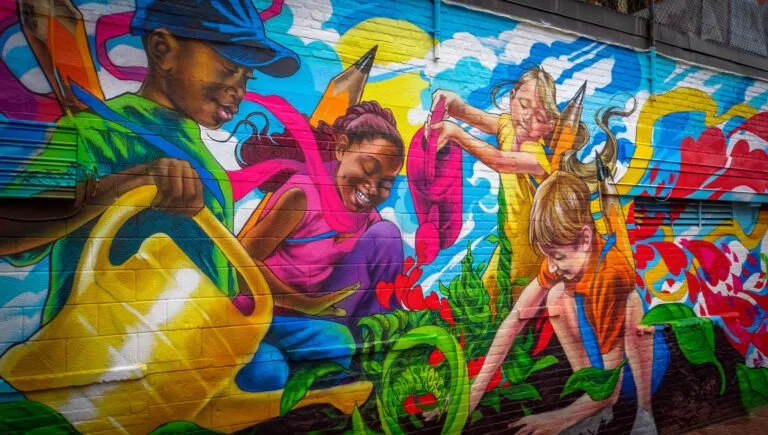In 2021, TikTok updated its privacy policy which allowed it to collect biometric data on its users, including faceprints and voiceprints. Rather than explicitly informing its users about this change, the app vaguely communicated that they were issuing a “privacy update.” Once people found out what the update entailed, concern rightfully grew. This type of data collection indicates a significant shift from companies collecting behavioral data on their consumers to something much more invasive and without true consent. Only 36% of Americans trust tech companies using facial recognition technology. In general, public trust in Big Tech has been steadily falling in the United States. Regardless, however, most people still click “accept” to the Terms & Conditions on any website without actually knowing what is being agreed to, indicating a disconnect between what US citizens expect from businesses and what is actually being conducted. With a lack of national protection, nonprofit organizations must assume responsibility in protecting personal consumer data and using it ethically.
Why Arts Nonprofits Should Care about Big Tech Lawsuits
Antitrust lawsuits in the United States had its historical beginnings with the Carnegie Steel and Standard Oil monopolies. The early 20th century was a time of trust-busting and a battle of government regulation of these industries, which were seemingly impossible to control due to their power through insurmountable wealth and market domination. Then, the 70s and 80s saw the trust busting of the Bell System in the sector of telephones and communication. Now, almost exactly a century after the passing of the antitrust laws and almost a half-century after the most recent conglomerate disaggregation, monopolies adjacent to the industry of telephone and communications run rampant in the United States – and the government is again facing difficulty in quelling their expansive power. This article will analyze three ongoing and one recently closed antitrust cases against Amazon, Apple, Alphabet, and Meta, and suggest effects that the rulings may have on how the nonprofit industry functions.
5G Adoption at Your Arts Organization: Benefits and Considerations
The pandemic has advanced the discussion for a faster expansion of 5G, a new generation of the wireless network that is believed to revolutionize industries and facilitate the new remote work environment. What can the art world expect to gain from adopting this new generation of wireless network and how can it be most efficiently utilized to support the goals of each individual and organization? This research examines the potential implications and caveats of 5G adoption in the arts and cultural industry.
Learning From Leaders: Data Practices in the Opera Industry
How are marketing departments at large American Opera institutions using their data? This new Whitepaper by AMT-Lab Contributor Kevin O'Hora uses four case studies to paint a picture of how companies are using data acquired by their website. Full of insights for marketing departments across disciplines, this publication includes software recommendations as well as general strategies and best practices applicable to any arts marketer.









